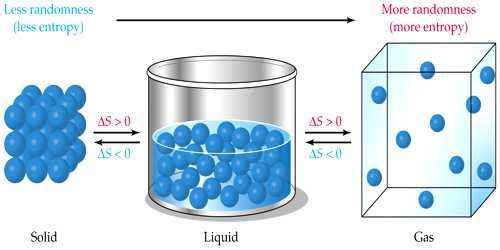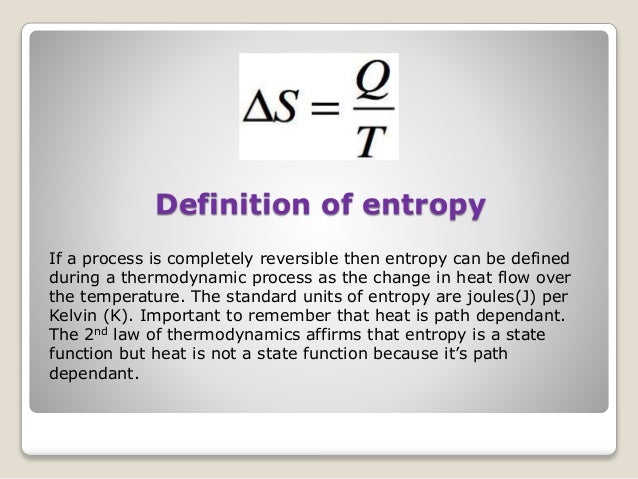


#ENTROPY IS SKIN#
Decision makers have no skin in the gameġst poison: Unlimited and uncontrolled growth.3 poisons from where all the chaos originates. I’ve tracked down the sources of entropy to 3 causes. This is also why prices inevitably go up despite technological innovation: more and more of the costs are directed towards useless work.īut, unlike in thermodynamics, there are ways to control entropy in organizations and Human constructions. that long time ago were created to do useful work, and now only exist to justify their own existence. It's especially true in our world where, in all likelihood, we are going to have to deal with less energy available in the future than in the past, with the end of fossil fuels and the population plateauing in most western countries.
#ENTROPY IS FULL#
When all the energy is directed towards useless work: complicated bureaucratic forms, layers and layers of management, websites and apps full buttons, NFTs, there is no more time to do the things that matters actually.īut it's even worse: when all the available energy of a living organism or organization is directed towards useless work, and no energy remains for self-sustainability, it leads to a slow and painful death. Today I want to show you that this law also applies to human organizations and constructions. The second law of thermodynamics states that the entropy of an isolated system always increases because isolated systems spontaneously evolve towards thermodynamic equilibrium: the state of maximum entropy, maximum chaos. These are the important words: useful work. In thermodynamics, this phenomenon is called Entropy: a property originally introduced to explain the part of the internal energy of a system that is unavailable as a source for useful work. The more a house is stuffed, the more we take time to clean it, the more features a phone has, the more buttons we need to click to perform even basic actions. The more a system is big and complex, the more we use our (limited) time and energy to do useless, busy work. Until the day when reality hit me in the face: there is a direct relationship between "more" and "complexity". A phone with more features is necessarily better, a company with more people is better, a program with more lines of code is better, a house with more stuff is better. Like a lot of people, I used to be a pathological maximalist.


 0 kommentar(er)
0 kommentar(er)
